A community of coffee farmers in Uganda has formed the Peace Kawomera Fair Trade Cooperative, focused on people of different faiths putting aside their differences to overcome generations of conflict and poverty. Now a Smithsonian Folkways recording has been released to celebrate their achievements.
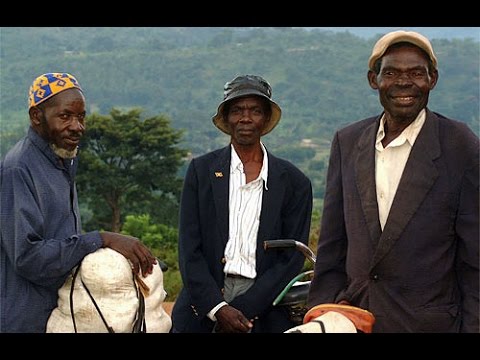
Watch this video on YouTube
The inspiration for “Delicious Peace: Coffee, Music & Interfaith Harmony in Uganda
Mirembe Kawomera means “delicious peace” in the Ugandan language Luganda. In 2004, JJ Keki, a Ugandan Jew, created the Peace Kawomera Fair Trade Cooperative in Mbale, Uganda. Mr. Keki traveled on foot, knocking on each of his neighbors’ doors, Jews, Christians and Muslims, asking all to put aside their differences to overcome generations of conflict and poverty. This community of coffee farmers was struggling to make a living. Now the farmers sell directly to the Thanksgiving Coffee Company. This has enabled farmers to send their children to school, afford health care, start savings accounts and reinvest in their farms.
STORY: Coffee and Climate Change: Morning Java Won’t Survive
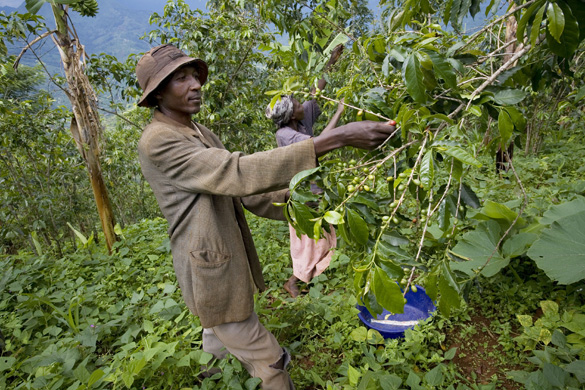

From the New York Times: Twenty-three of the world’s 25 poorest countries are in sub-Saharan Africa, where half the population lives on less than $1.25 a day, and the continent’s resistance to economic development can be as puzzling to experts as how the fields above Kasese, Uganda, remained unterraced for so long. Standing on one side of a heated debate about how best to help is the economist Jeffrey Sachs, director of Columbia University’s Earth Institute. Sachs argues that the forces of private enterprise can’t bring significant development to sub-Saharan Africa unless unprecedented international assistance establishes a better foundation of infrastructure, education and health care. On the opposite side are William Easterly, a professor of economics at New York University who served for many years at the World Bank, and Dambisa Moyo, a Zambian economist and younger World Bank veteran, whose book “Dead Aid” was a best seller a few years ago. They lament that philanthropy to Africa has barely any record of success, that trillions given since the end of colonialism has accomplished next to nothing. Worse, in Moyo’s eyes, it has instilled a kind of continental passivity, undercutting entrepreneurial ambition.
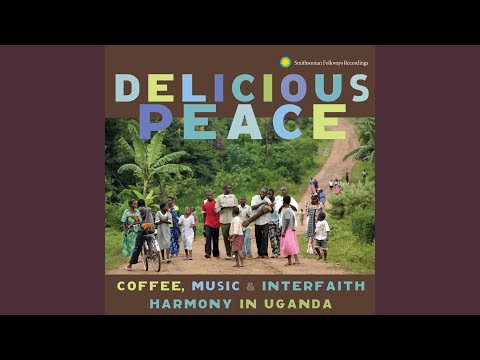
Watch this video on YouTube
STORY: Maasai Voices: Climate Action and Women’s Empowerment in Kenya
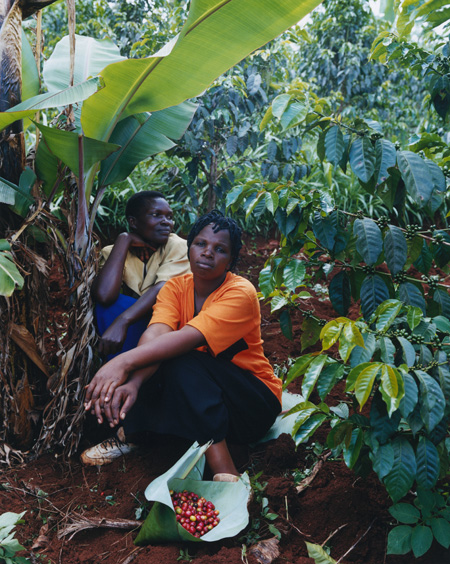
The songs in the Smithsonian Folkways collection are written and performed by the coffee farmers of the Peace Kawomera cooperative. Village guitar groups and women’s choirs sing to stress the transformative impact of Fair Trade prices and to encourage their neighbors to join the coffee cooperative. Accompanied with xylophone, drums, and other traditional instruments, these farmers sing of the benefits of interfaith cooperation and, through music, teach new cooperative members how to produce great coffee. J. J. Keki says: “Use whatever you have to create peace! If you have music, use your music to create peace. For us, we have coffee. We are using coffee to bring peace to the world.”
![Akuseka Takuwa Kongo Group - "Let all religions come together" [Live in Mbale, Uganda]](https://wilderutopia.com/wp-content/plugins/wp-youtube-lyte/lyteCache.php?origThumbUrl=https%3A%2F%2Fi.ytimg.com%2Fvi%2FindOcyO3uMA%2F0.jpg)
Watch this video on YouTube
“Let all religions come together” by Akuseka Takuwa Kongo Group
The Thanksgiving Coffee Company motto is “Not Just a Cup — but a “Just” Cup of Coffee.”
See: Smithsonian Folkways
Updated 26 April 2024



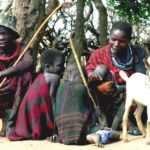
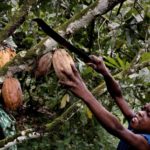
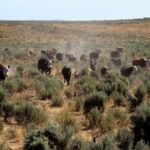

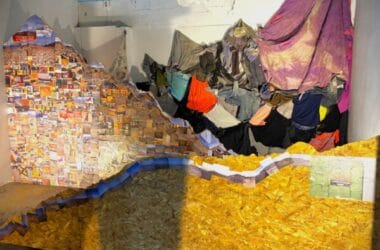
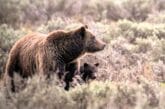
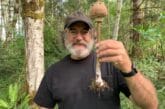



Pingback: Morning Coffee Won't Survive Climate Change - WilderUtopia